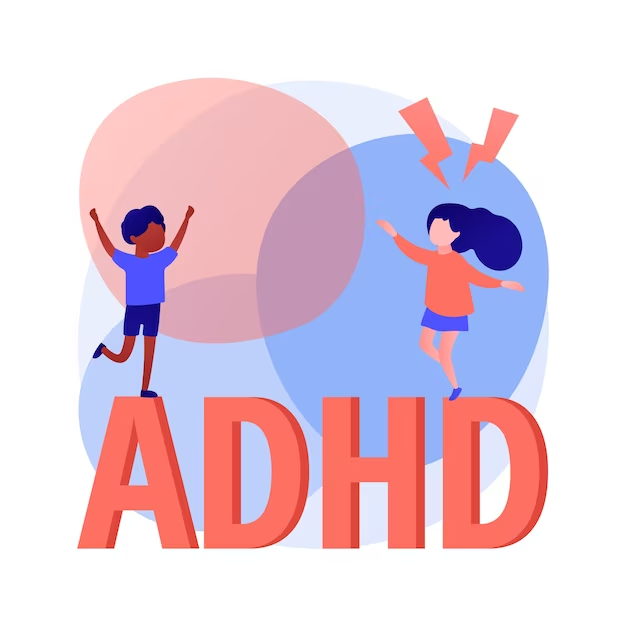Anorexia Nervosa is more than just an eating disorder—it’s a relentless pursuit of thinness, often at the cost of one’s health and happiness. This condition is misunderstood widely, seen simply as a diet gone too far, but it is, in reality, a complex psychological disorder that requires deep understanding and careful treatment.
Definition:
- Anorexia Nervosa is characterized by restricted food intake, an intense fear of gaining weight, and a distorted body image.
Prevalence:
- Anorexia affects between 0.3% to 1% of the population in Western countries.
- It is most commonly diagnosed in adolescent females, but it can affect individuals of any gender and at any age.
- Estimates suggest that up to 10% of individuals with anorexia are male.
- The condition has one of the highest mortality rates of any mental health disorder.
- Anorexia is increasingly being recognized worldwide, affecting diverse ethnic and socioeconomic groups.
- The prevalence of anorexia in non-Western countries is rising, reflecting global shifts in media consumption and cultural attitudes toward body image.
Risk Factors:
- Genetic Predisposition: Having a family member with an eating disorder can increase risk.
- Psychological Factors: Traits such as perfectionism, high anxiety, and neuroticism are more common in those with anorexia.
- Cultural Influences: Societal pressures to achieve an ideal body shape can trigger anorexia.
- Transitions: Major life changes, such as moving to college or a new job, can initiate episodes.
- Co-occurring Disorders: Anxiety, depression, and obsessive-compulsive disorder often accompany anorexia.
- Media Exposure: Exposure to media glorifying certain body types can be a significant risk factor.
Signs and Symptoms:
- Severe Restriction of Calories: Intense restriction of food intake to control weight.
- Body Image Distortion: A pervasive feeling of being overweight despite being underweight.
- Fear of Gaining Weight: An irrational fear of weight gain, even as health deteriorates.
- Physical Symptoms: Amenorrhea, brittle hair and nails, osteoporosis, and low blood pressure are common.
- Social Withdrawal: Avoiding social situations where food is involved.
- Obsessive Behavior: Obsessive routines around food preparation and eating.
Treatment:
- Nutritional Therapy: Restoring a healthy weight is the first step in treatment.
- Psychotherapy: Cognitive Behavioral Therapy (CBT) and family-based therapy are effective in treating anorexia.
- Medications: While no medication directly treats anorexia, medications may be used to treat co-occurring disorders.
- Hospitalization: In severe cases, hospitalization may be necessary to manage malnutrition and medical complications.
- Ongoing Support: Long-term follow-up care is crucial to prevent relapse.
Conclusion: Anorexia Nervosa is a serious and potentially life-threatening condition that affects millions of individuals worldwide. Through understanding and proper treatment, recovery is possible. It’s essential to foster supportive environments that emphasize mental and physical health over appearance, challenging the dangerous myths surrounding this disorder.
For more detailed information on anorexia nervosa and available treatment options, consider visiting:




